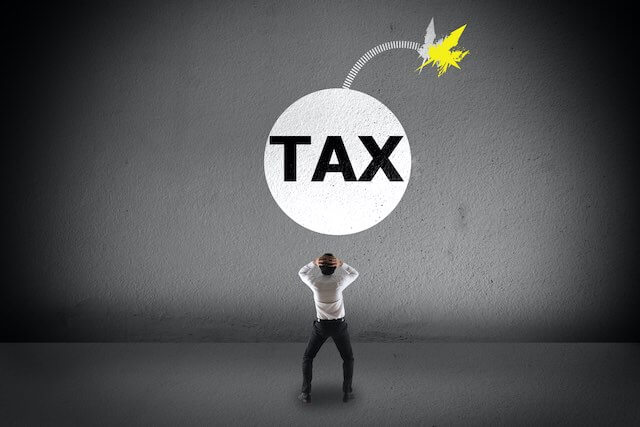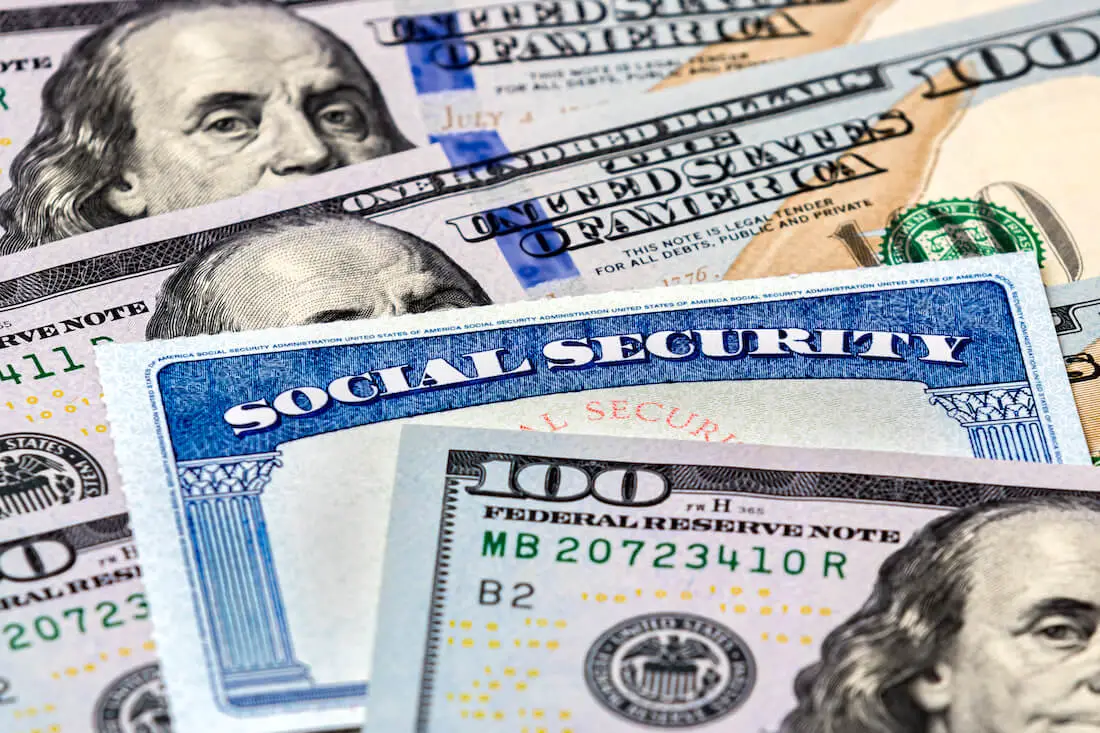I talk to federal employees all the time and many are surprised by the fact that their Social Security can be taxed in retirement.
After all, payments into the system (at least by employees) are made with after-tax dollars. Most people believe that it is simply unfair to have to pay taxes again after decades of paying into the system.
There are many speculations online about why this is so let’s dig a little deeper.
Background
The first many decades during which the Social Social program operated, Social Security benefits were not taxed at all. But in the early 1980s, lawmakers had to find a way to fix a severely underfunded program.
One strategy that they used was to make a portion of Social Security benefits taxable.
At first, up to 50% of an individual’s Social Security benefit could be counted as taxable income.
Lawmakers’ reasoning behind this change stemmed from the fact that while the contributions made by the employee into the Social Security program is from after-tax money, the employer’s contributions on behalf of the employee is paid with pre-tax dollars.
So technically only 50% of Social Security contributions made on your behalf were made with pre-tax dollars and the government then chose to tax the other half in retirement.
Today
But as many of you know, as the law stands today, as much as 85% of your Social Security benefits can now be taxable. So what changed?
In 1993, the law changed to make up to 85% of Social Security benefits taxable, but this time they had a different reason for the change. After running the numbers, they realized that the average worker only actually contributed about 15% of the total benefits that they would ultimately receive.
For example, they estimated that if a worker received $500,000 in total benefits over their entire retirement, they only contributed about $75,000 over their career.
When You are Taxed Twice
Because of the current structure of the rules, most people will not be taxed twice on their Social Security benefits.
But if you had higher than average earnings during your career and your Social Security was subject to a 85% tax (this will depend on your other retirement income) then you may very well be paying taxes twice depending on how long you draw benefits.
The first time was when you paid after-tax money into the Social Security system and the second time when you paid taxes on Social Security benefits in retirement.
Oh the joys of having higher than average income!
Moving Forward
Social Security can be a great benefit in retirement, but it is essential to know how much you’ll be able to enjoy after taxes. This way you’ll have a better idea of what you’ll actually be able to spend on your retirement travels and adventures.





